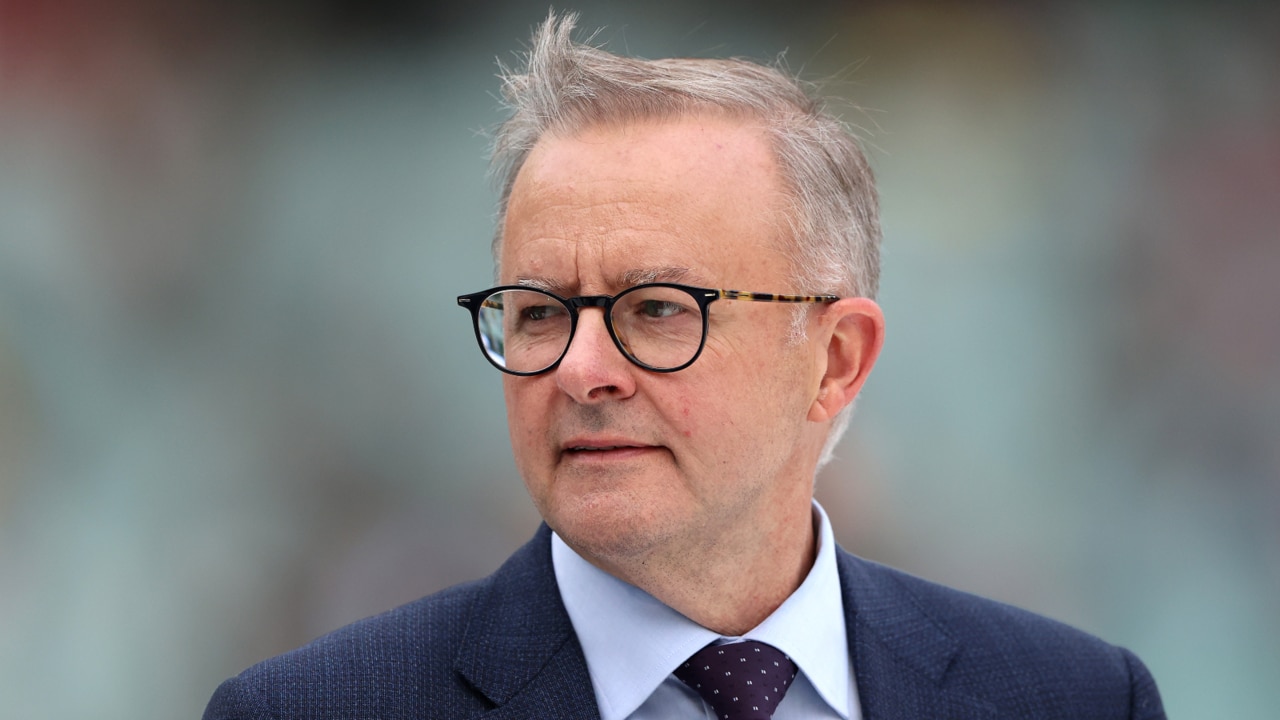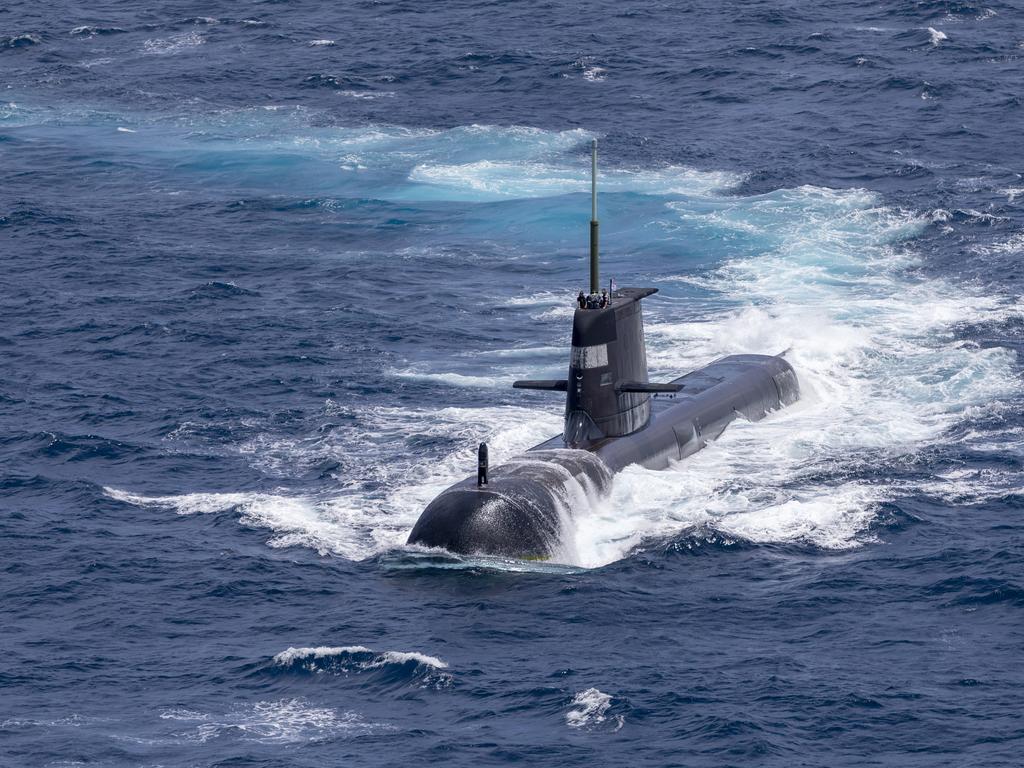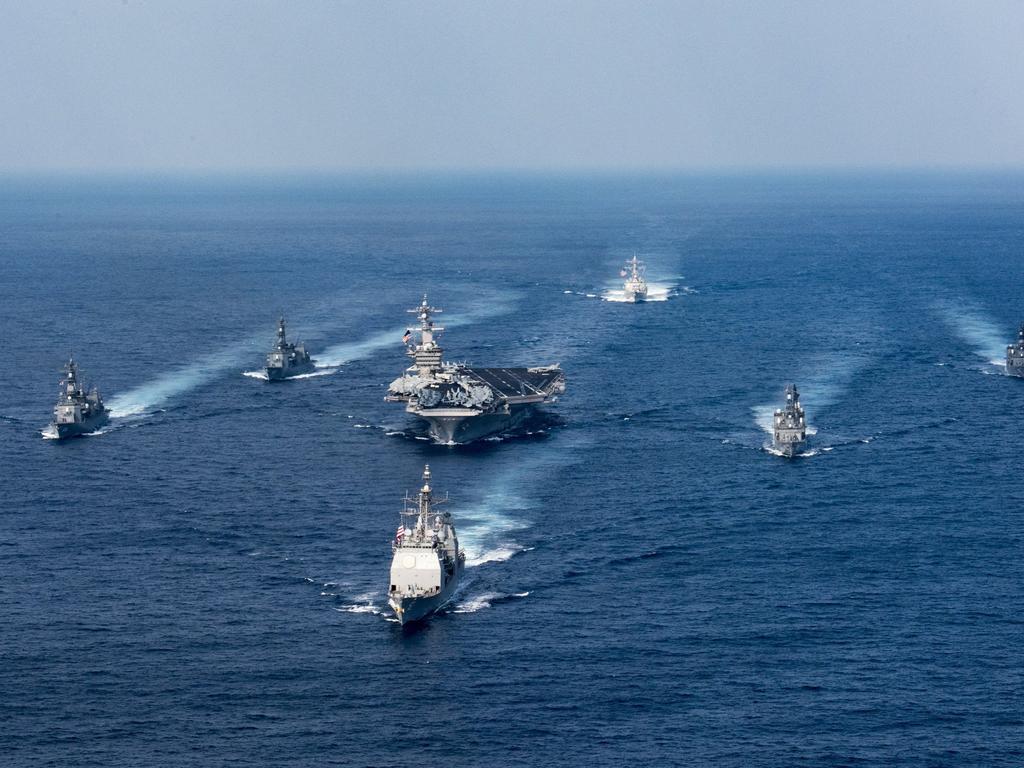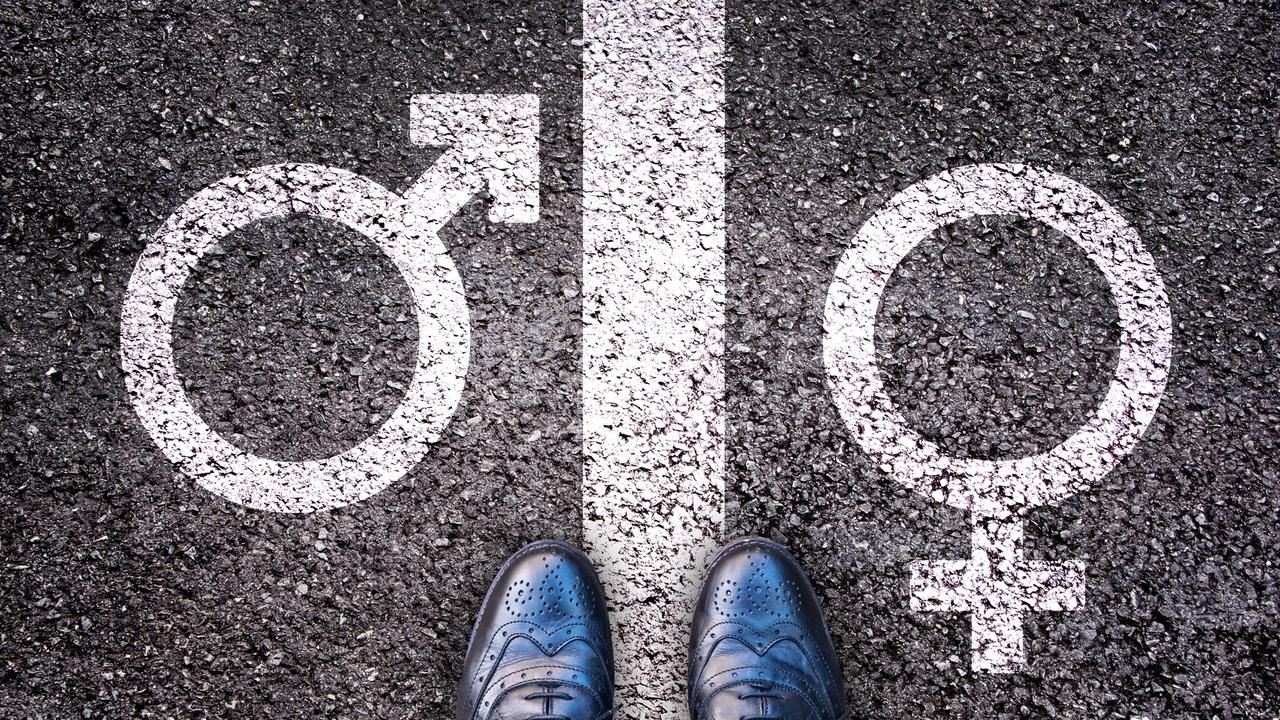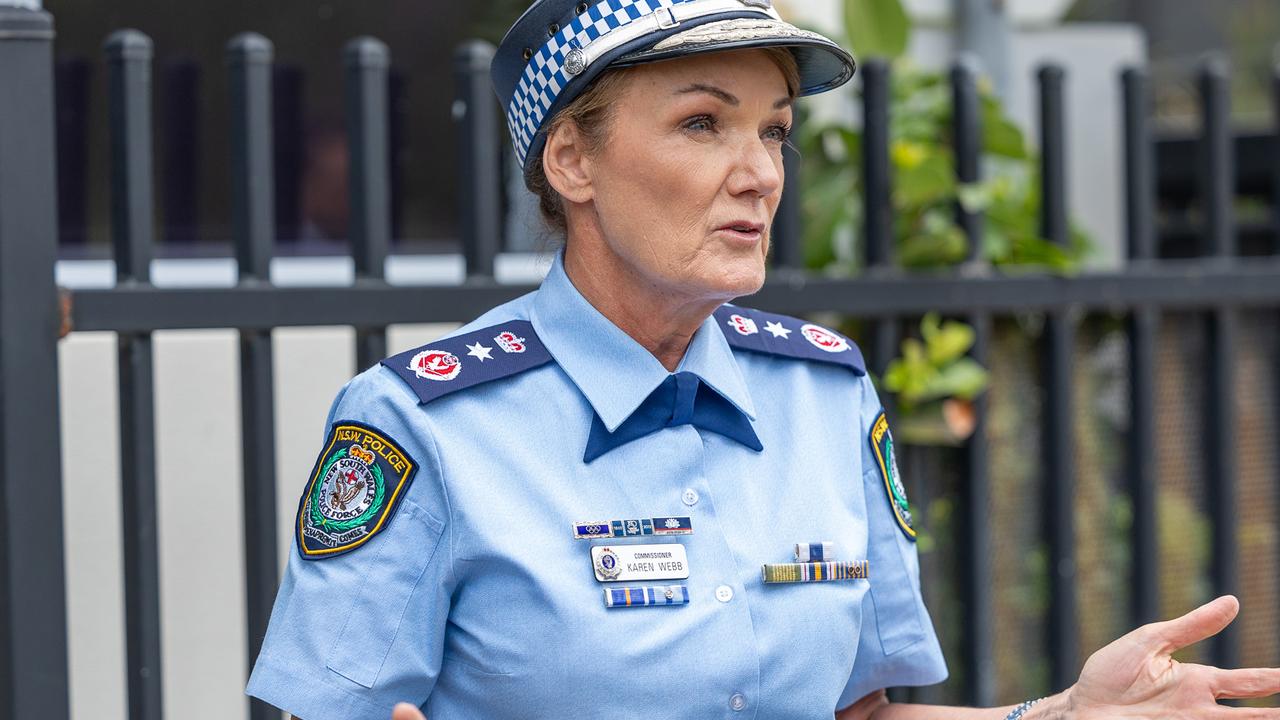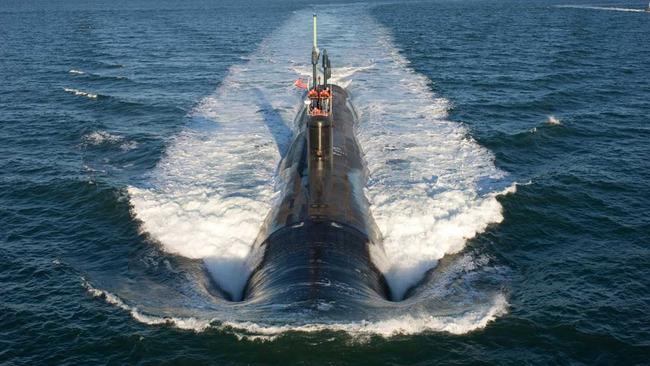
Having now won office, Labor’s support for nuclear submarines appears to be waning. This owes more to the left’s hysteria over nuclear power than to any defence considerations. That’s because a willingness to use nuclear power at sea makes their decades-long opposition to civil nuclear power less credible.
If you care about lowering emissions, and yet still want to deliver affordable and reliable baseload power, the only proven technology at scale, anywhere in the world, is nuclear. And the fact the activist left refuses to have it on the table shows how hollow its commitment to environmental concerns really is. If you believe the green left, nuclear power is both hugely expensive and totally unnecessary because batteries and “green hydrogen” will solve the intermittency problems of wind and solar power. In fact, average power prices in Germany and Denmark (which have the most renewables in Europe) are considerably higher than in France, which gets 70 per cent of its power from nuclear. Given that nuclear is the only proven form of emissions-free, 24/7 baseload power, only an irrational fear could disregard this science and engineering reality.
When the Morrison government announced AUKUS last September, Labor was quick to support it, albeit half-heartedly, and with caveats. But support it it did because the hardheads knew it was too risky to do otherwise so close to an election where the Coalition’s strong equity remained defence and national security.
Now moves are afoot to walk this support back under the guise of unavoidable delays in getting these new nuclear boats and rekindled consideration of yet another new conventional sub.
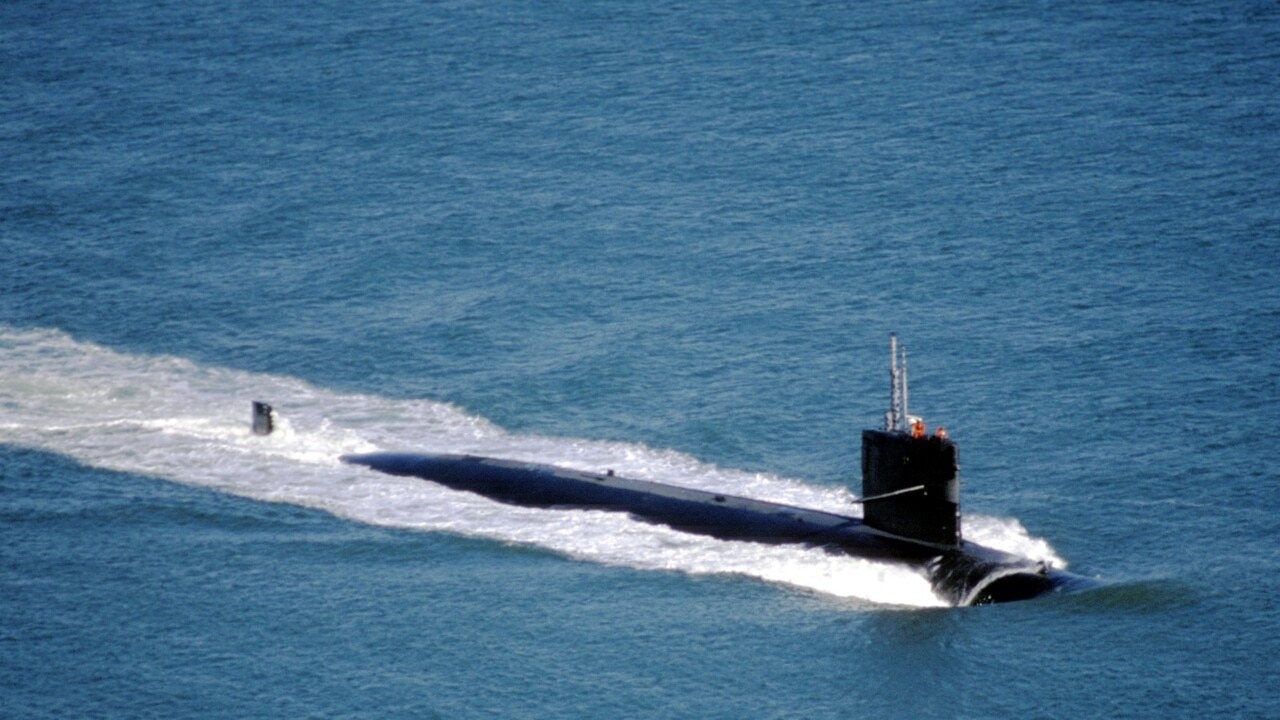
In entering the debate last week, Peter Dutton highlighted Labor’s antagonism to nuclear subs. He revealed that, as defence minister, he was well-progressed in acquiring two Virginia-class American-built nuclear subs to be delivered by 2030. The advice to him was that the US could supply them and that our crews could be ready to man them; hence his view that this would deliver Australia the “bridge” needed before the Collins-class subs phase out from the mid-2030s and in time for our own nuclear sub program to start delivering by 2040.
The furious reaction from the new government and from some defence experts to his declaration that this was the former government’s plan, had it been re-elected, shows just how fraught nuclear submarine acquisition remains. Remember, Labor only supported the AUKUS deal because sub reactors wouldn’t need refuelling and therefore supposedly didn’t require a civil nuclear industry. Yet quite apart from the fact that nuclear power at sea could hardly be morally acceptable, but not nuclear power on land, there’s the practical reality that creating enough nuclear engineers to run submarines would be very difficult without a civil nuclear industry too. In the long run, the only way for the left to maintain its nuclear taboo is for the nuclear subs not to go ahead.
As a former senior staffer to a defence minister and a PM, it strikes me as improbable that we could have bought two nuclear subs from the Americans two months ago but not now. The only reason to announce a new conventional submarine would be to delay the nuclear acquisition indefinitely and to make civil nuclear power irrelevant until after green hydrogen (if its boosters are correct) makes it unnecessary. Given that we haven’t built a conventional submarine in Australia for two decades, getting a production line up and running will be almost as difficult and take almost as long as for nuclear ones. And a new generation of conventional subs from the mid-30s, would put off the need for subsequent (presumably nuclear) subs until the mid-2050s.
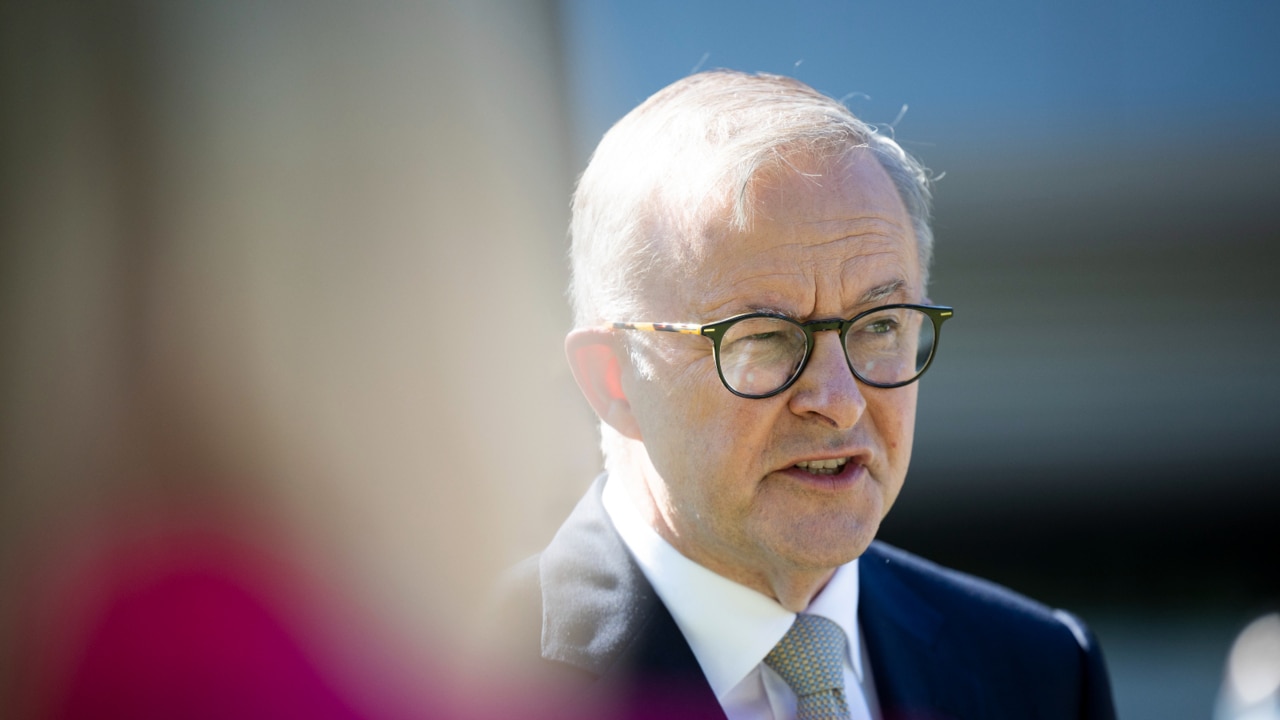
Let’s consider the implications of this. It would mean a reversion to business-as-usual with our two main military allies, notwithstanding the Ukraine war and the fraught situation with China. It would mean that we wouldn’t have nuclear submarines for at least another 30 years even though our conventional subs have much less capability than nuclear ones and are becoming easier to detect and destroy. And it would remove the synergies that would make it easier for us to join the 32 countries that already have emissions-free baseload nuclear power. In other words, squibbing the nuclear decision would condemn us to strategic irrelevance, because we’d be unable to defend our own country, and to economic decline, because we’d be unable to power heavy industry as we become more and more dependent on intermittent energy.
The AUKUS announcement was always going to be hostage to a change of government. While the decision to acquire nuclear subs was brave and necessary, actually acquiring them was always going to be fraught, given that both Britain and America are currently flat out meeting their own submarine needs; and building them here would dwarf in sophistication any previous Australian manufacturing project.
It certainly could be done – look at what Israel and even impoverished North Korea are capable of – but it would have required a level of resource mobilisation and policy focus never before seen here in peacetime. The Morrison government’s “echoes of the 1930s” rhetoric never had a matching urgency in defence acquisition.
After both sides of politics had taken more than 15 years to fail to make a decision on conventional subs, taking yet another 18 months to make a decision on nuclear subs made procrastination look like an ingrained national habit. In the absence of binding commitments pre-election, to be credible, the former government should have set up a bipartisan submarine commission to lock in both parties and to drive the acquisition notwithstanding any changes of government.
Amid all the challenges jostling the new government, the subs decision will be the biggest clue to its character. Bob Hawke turned out to be our best ever Labor PM because, in taking on the Labor left over economic policy, his government was actually better at delivering economic reform than its Liberal-National predecessor. Does Anthony Albanese have it in him to deliver on nuclear capability at sea even if that risks an internal war with the left about civil nuclear power on land? He said he wanted to govern like Hawke. Here’s his test to grow into the leader our country needs.
Peta Credlin is the host of Credlin on Sky News, 6pm weeknights.
More Coverage
